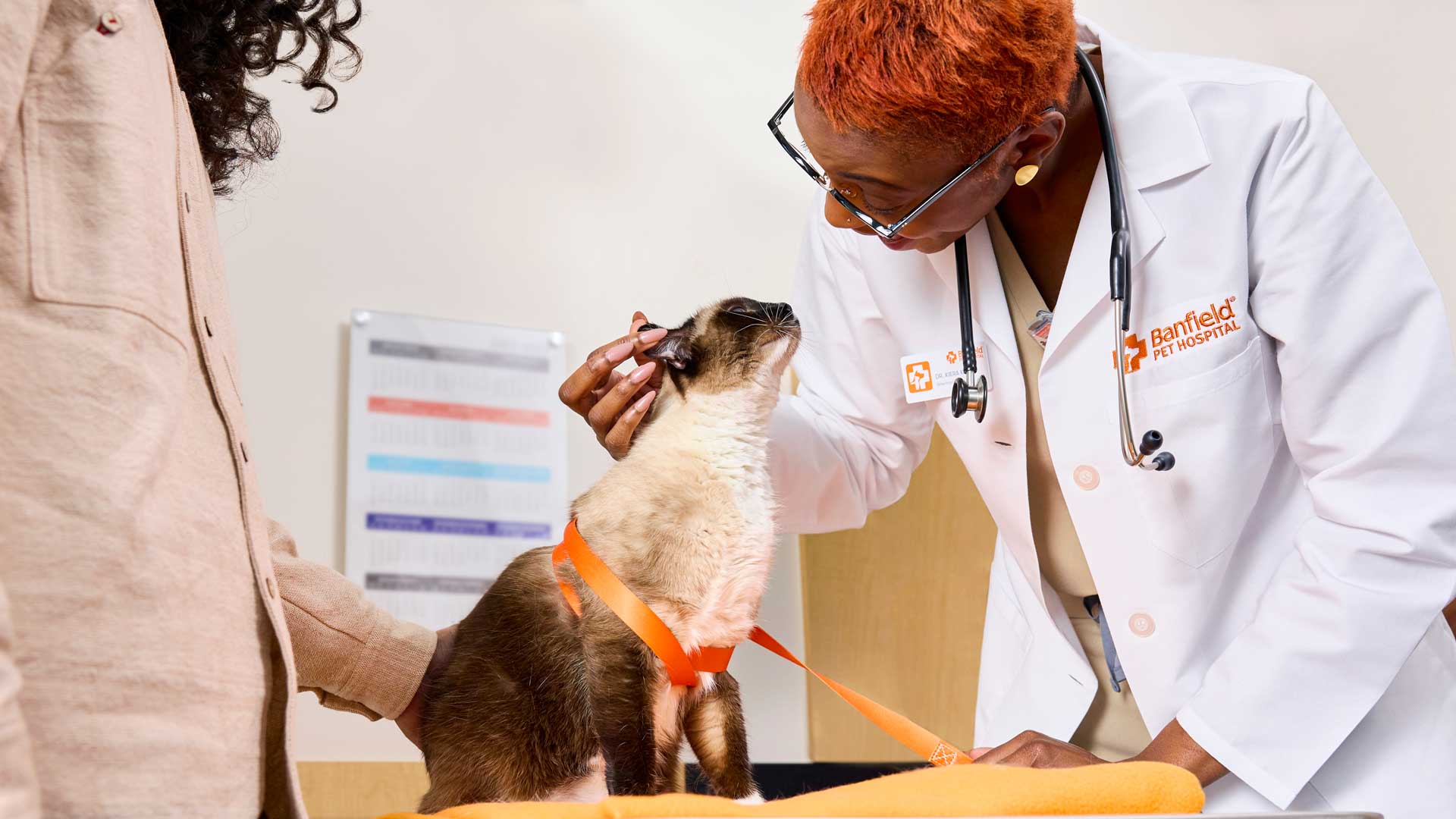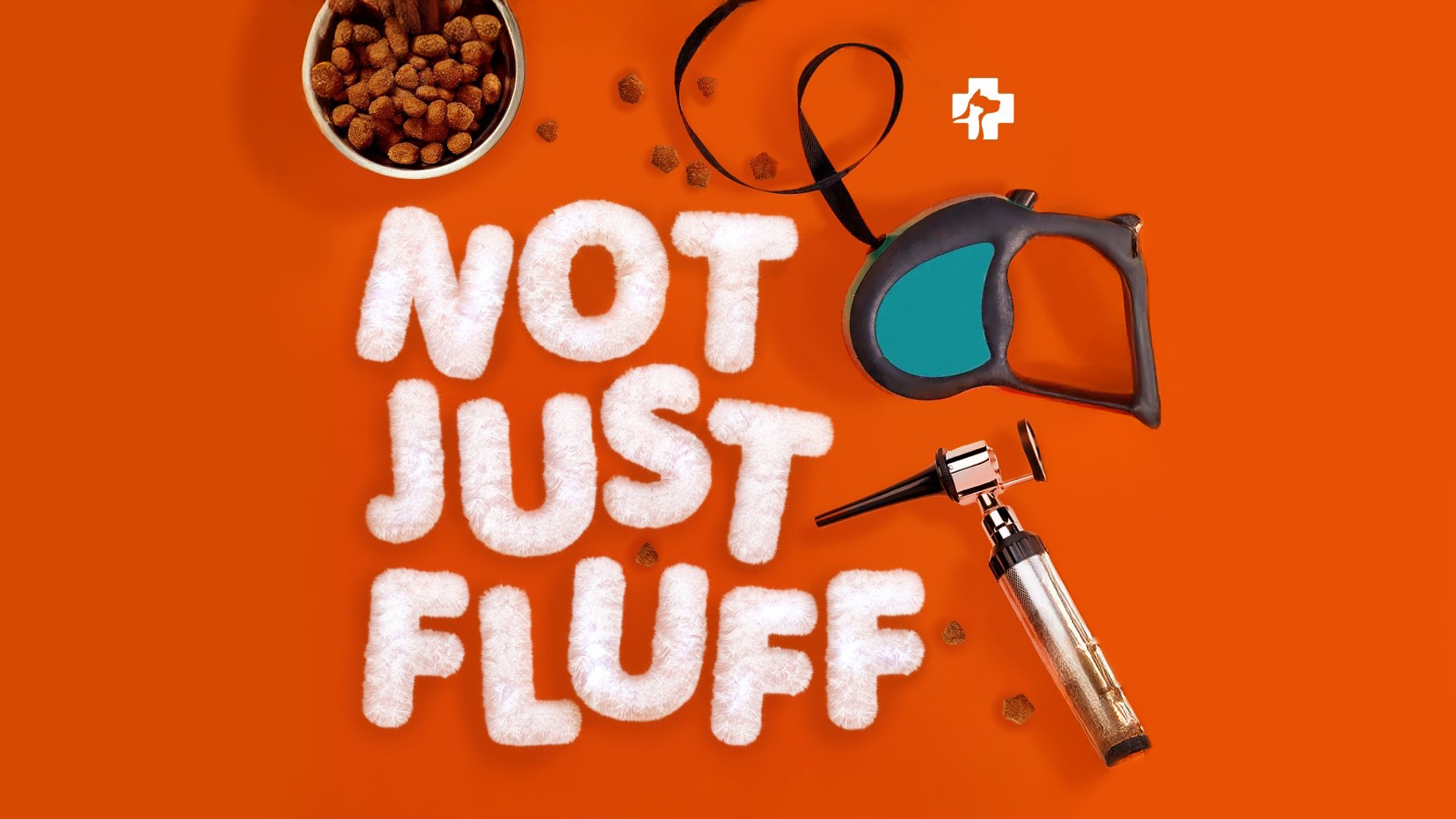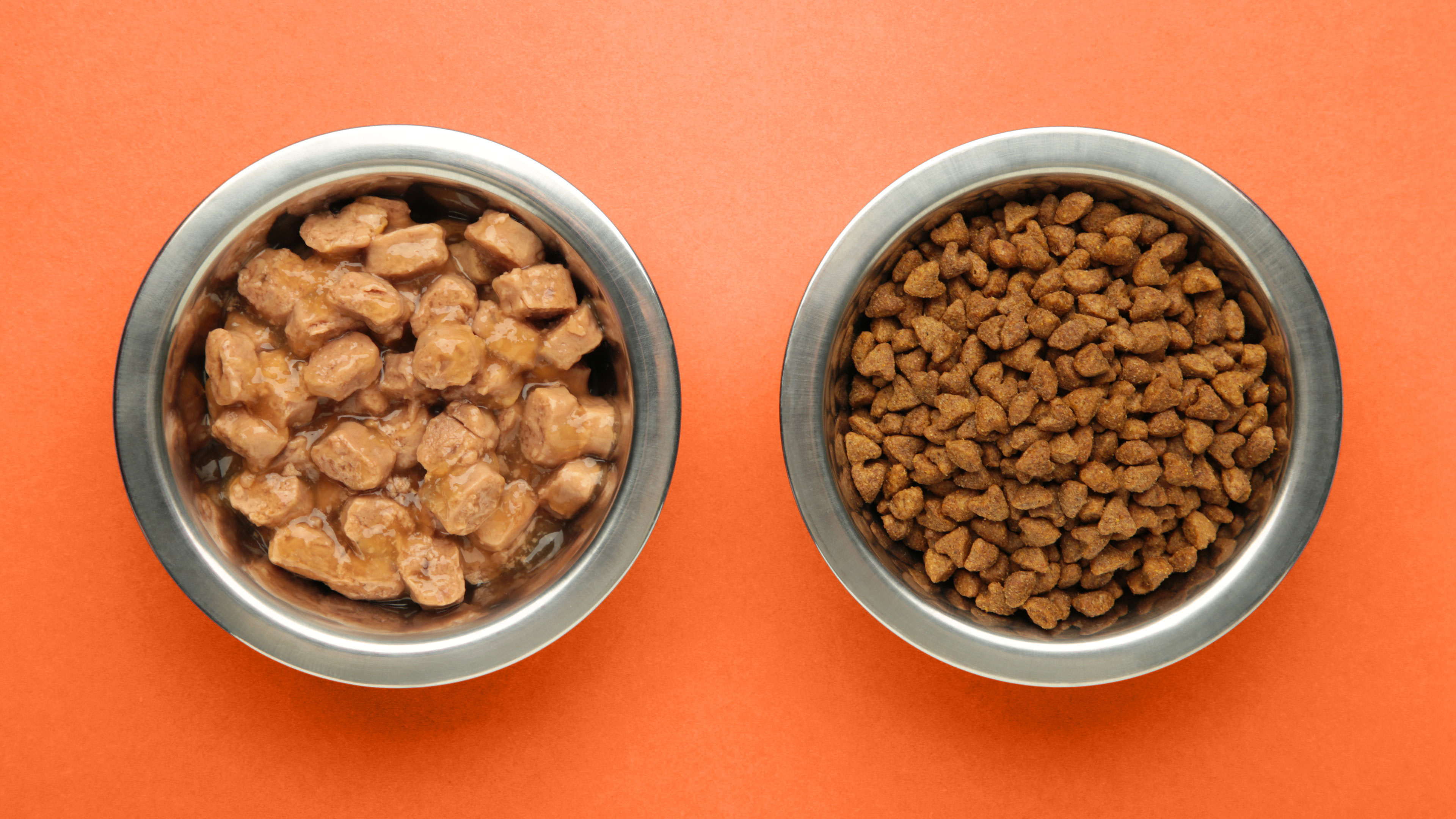dog poisoning symptoms
In this post we’ll go over common poisons (including certain human foods!) to stay clear of and what to do if your furry friend gets into a toxic substance.
Common toxins for dogs
- Grapes and raisins
- Chocolate
- Onions
- Garlic
- Sugar-free gum
- Alcohol and cannabis products
- Chemicals such as rat poison, antifreeze, battery acid, furniture polish, laundry detergent, motor oil, drain cleaners, bleach, herbicides, and fertilizer
- Certain medicines and prescription medications for humans including Tylenol, ibuprofen, Vitamin D and more
Common toxins for cats
- Grapes and raisins
- Chocolate
- Onions
- Garlic
- Sugar-free gum
- Certain plants including aloe, chrysanthemum, hyacinths, lily, sago palm, tulip, rhododendron, mistletoe, and azalea
- Certain chemicals including antifreeze, bleach, fertilizers, furniture polish, herbicides, rat poison, laundry detergent and drain cleaners
- Certain medicines and prescription medications for humans including Tylenol, ibuprofen, and more
What to do if you think your pet has ingested poison
If you believe your dog or cat has ingested a poisonous substance, call your vet immediately for treatment advice. Common signs of poisoning include neurological symptoms, gastrointestinal signs, breathing difficulties, and irregular heartbeat. Even if you think your pet has ingested just a little, a small amount of a toxin can require medical attention and be potentially fatal. You can also call the pet poison hotline at 1-800-213-6680. If you have one of our Optimum at 1-800-213-6680. If you have one of our Optimum Wellness Plans®, learning how to avoid or even deal with potential poisoning is a great thing to talk about at your next office visit or on Vet Chat™.
 Mites and mange
Mites and mange Podcast - Not Just Fluff
Podcast - Not Just Fluff











